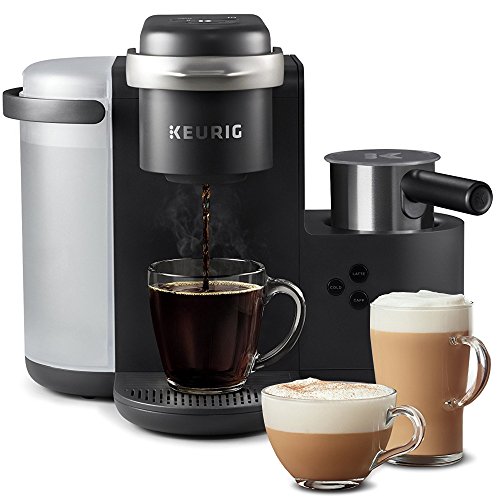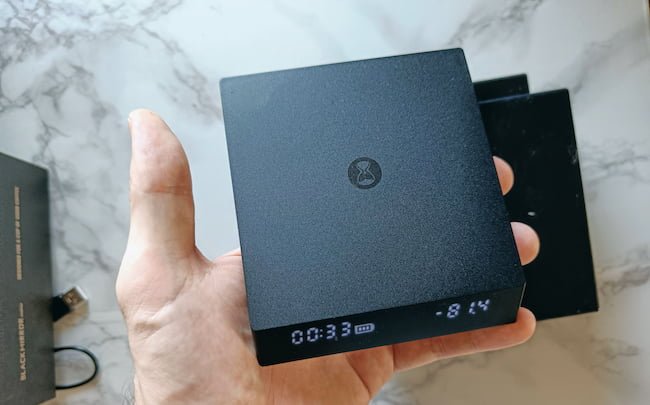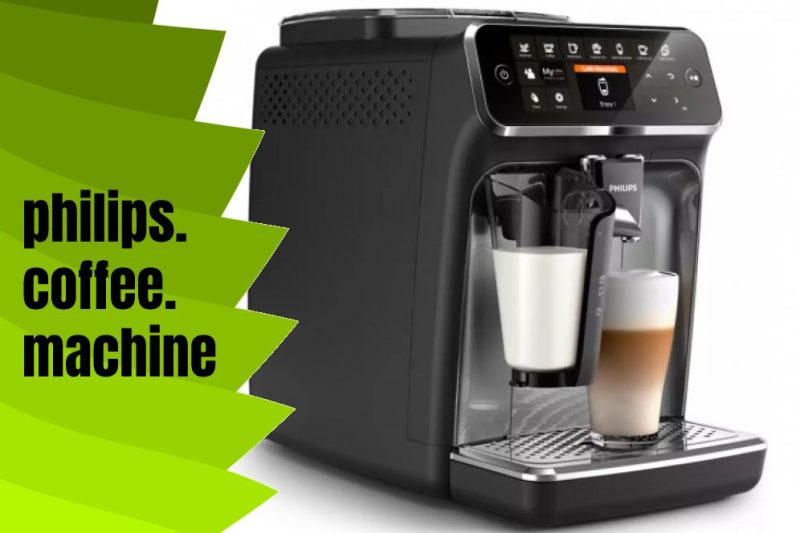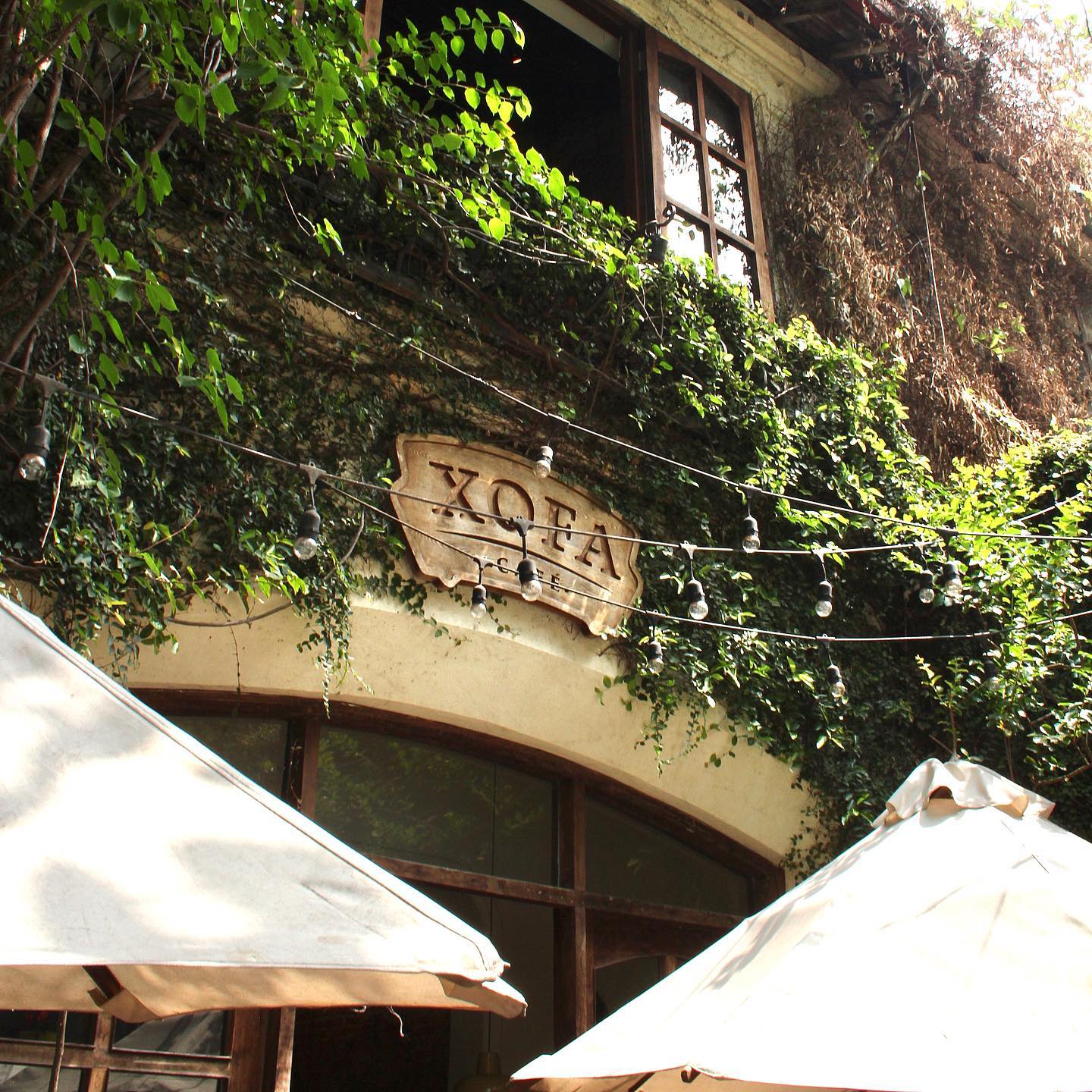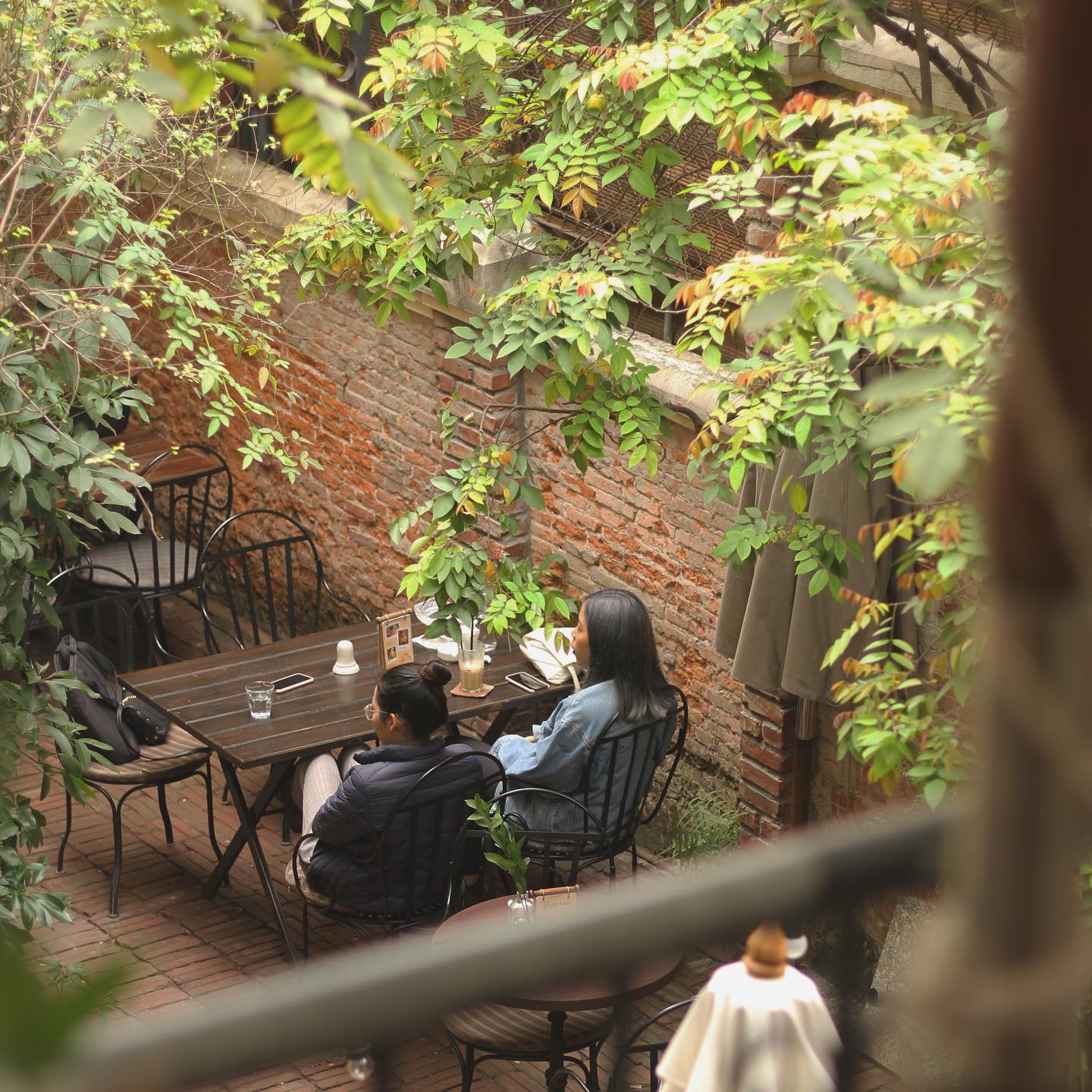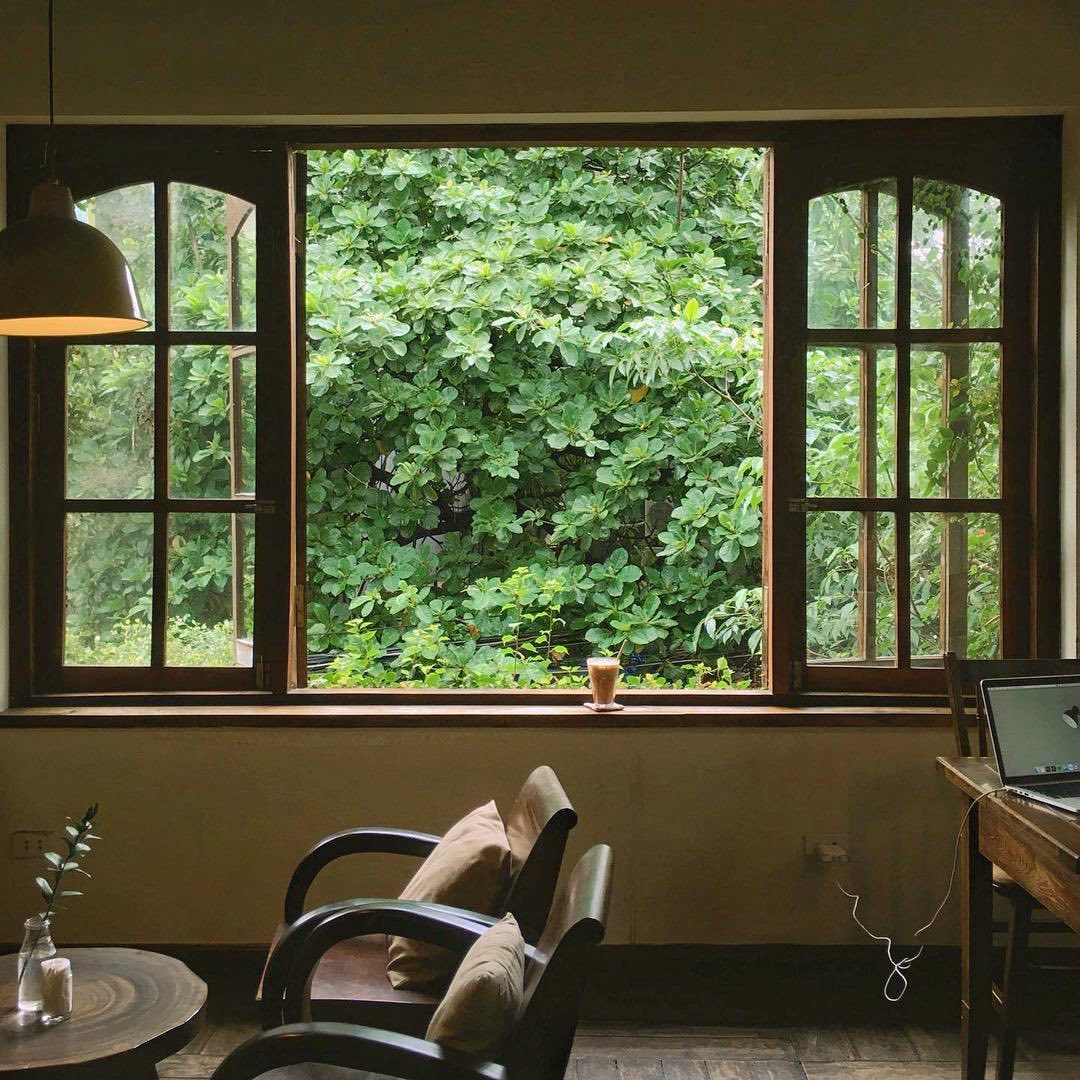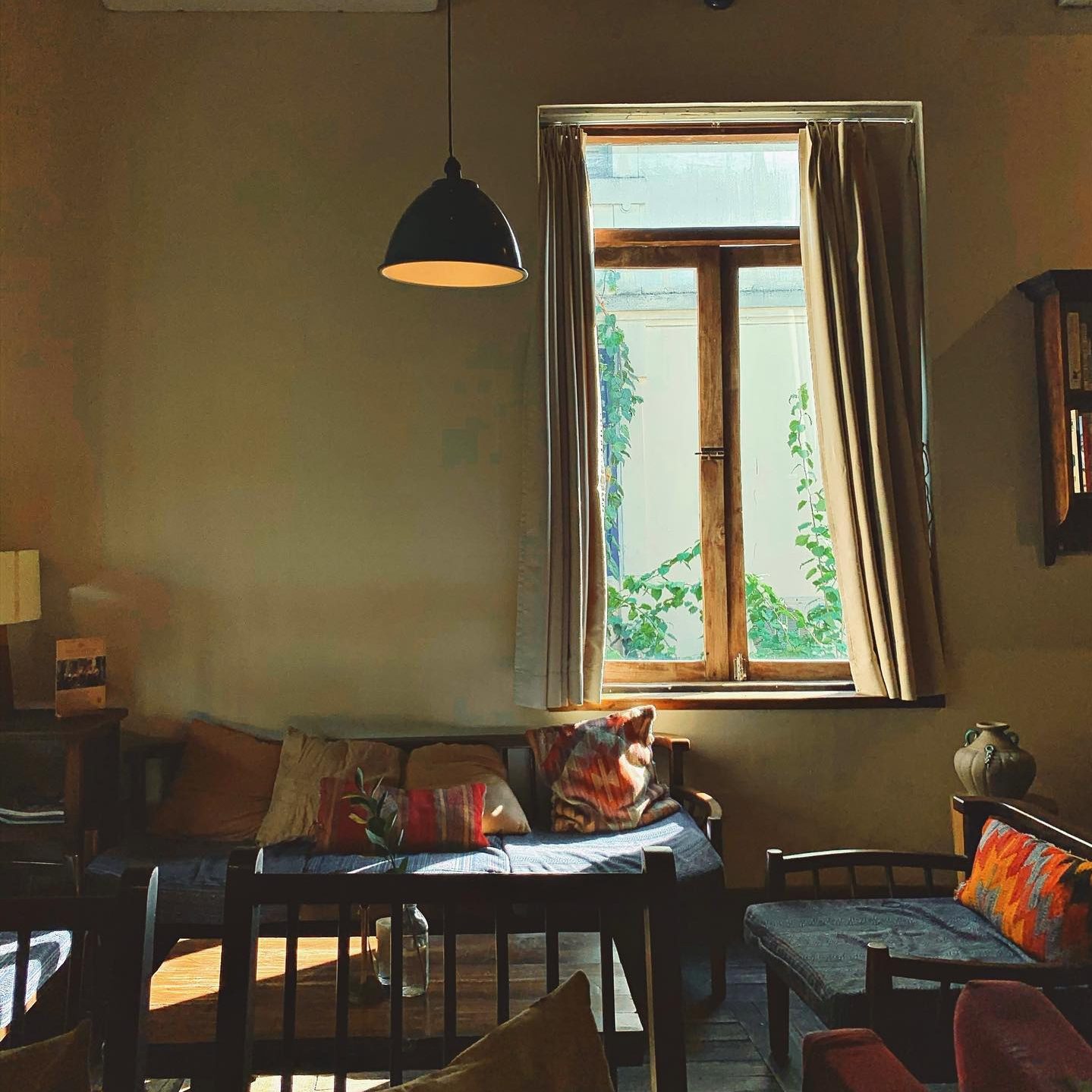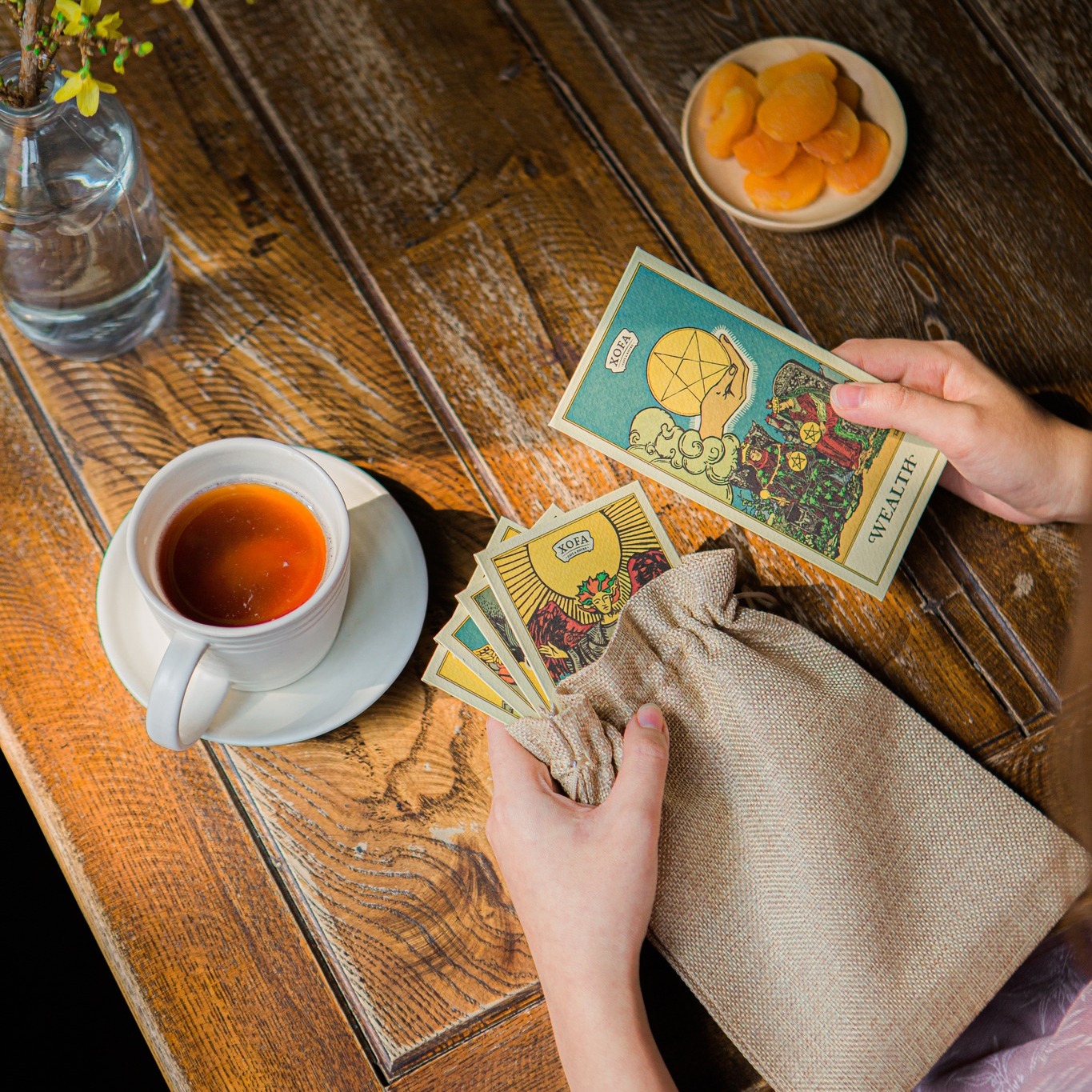Exploring the Subtle Differences Between Bitter and Sour Coffees
Coffee lovers, rejoice! We’re here to explore the subtle differences between bitter and sour coffees. Whether you’re a fan of black coffee or like to add a splash of milk, you’ll want to read on for an overview of these two coffee flavors.
First off, let’s define the two. Bitter coffee is characterized by a strong, sharp taste, and is often described as intense or pungent. On the other hand, sour coffee has a tangy flavor and is often described as tart or acidic.
Now let’s look at the differences between the two. Bitter coffee has a strong, sharp flavor that lingers on the palate. It often has a mellow aftertaste and some people find it to be a bit too strong. On the other hand, sour coffee has a lighter, tangy taste that is often described as “tart” or “acidic”. It’s not as intense as bitter coffee, and it usually leaves a pleasant aftertaste.
So which one should you choose? It all depends on your personal preference. If you like strong flavors, then bitter coffee is a great choice. If you’re looking for something a bit lighter, then sour coffee is a great choice.
No matter which one you choose, it’s important to remember that both bitter and sour coffees can be delicious. So don’t be afraid to experiment and find the perfect cup of coffee for you. Enjoy!
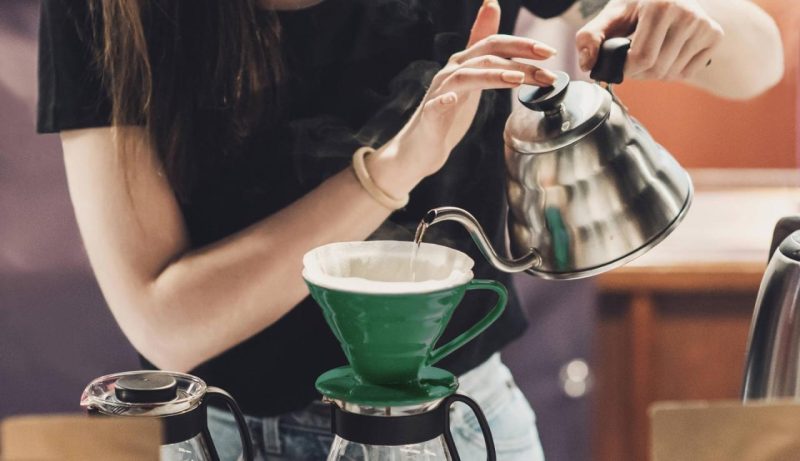
What Causes Bitter and Sour Coffee, and How Can You Avoid It?
Have you ever brewed a cup of coffee that tasted bitter or sour? If so, you’re not alone! Many people have experienced the unpleasant taste of bitter or sour coffee. But why does it happen and how can you avoid it?
To understand why coffee tastes bitter or sour, you have to understand some of the basics of coffee brewing. Coffee beans contain organic compounds called acids. When hot water is added to the beans, it extracts the acids and they give the coffee its flavor. But if the coffee is brewed incorrectly, it can cause the acids to become overly concentrated, resulting in a sour or bitter taste.
So how can you avoid this? Here are some tips for making sure your coffee is flavorful and doesn’t taste bitter or sour:
1. Use fresh, high-quality coffee beans. Old, stale beans can produce a sour or bitter taste.
2. Grind your beans just before brewing. Pre-ground coffee can go stale quickly, producing an off-taste.
3. Measure the grounds carefully. Too much coffee can create an overly strong, bitter flavor.
4. Use the right water temperature. Water that’s too hot can extract too many acids, resulting in a sour taste.
5. Don’t over-brew your coffee. If you leave the grounds in the water for too long, they can become overly acidic and produce a bitter flavor.
By following these tips, you’ll be sure to enjoy a delicious cup of coffee every time!
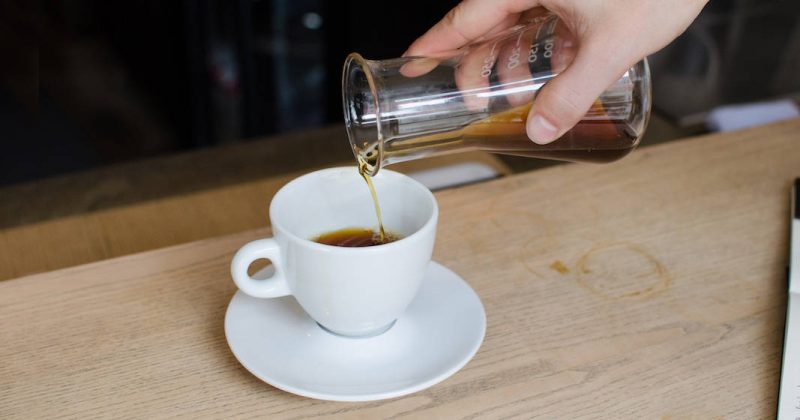
How to Balance Acidity and Bitterness in Coffee for the Perfect Cup
Nothing makes a coffee lover’s heart sing like a perfectly balanced cup of joe. Acidity and bitterness are two of the most important elements in a cup of coffee and striking the right equilibrium between the two can make all the difference. Here’s how to get the perfect balance of acidity and bitterness in your coffee for a cup you’ll enjoy every time.
1. Start with the Right Beans
Your coffee beans are the foundation of your cup of coffee, so it’s important to start with the right beans. Look for high-quality beans that are freshly roasted and labeled with a roast date. You can also experiment with different beans to find the right balance of acidity and bitterness for your taste.
2. Grind It Right
The grind is just as important as the beans when it comes to achieving the perfect balance of acidity and bitterness in your cup of coffee. If you’re using a drip coffee maker, use a medium grind. A coarser grind should be used for French press, while a finer grind is better for espresso.
3. Get the Water Temperature Right
The water temperature is also key to getting the right balance of acidity and bitterness. The ideal temperature is between 195 and 205 degrees Fahrenheit. If your water is too hot, your coffee will be overly bitter; if it’s too cool, it will be overly acidic.
4. Measure Your Ingredients
It’s important to measure out your coffee and water carefully to get the right balance. The ideal ratio is 1 to 2 tablespoons of ground coffee for every 6 ounces of water. Feel free to adjust the ratio to suit your taste, but make sure to use a measuring spoon and a measuring cup to make sure you’re getting the right ratio each time.
5. Experiment and Enjoy
Once you’ve got the basics down, it’s time to experiment and enjoy! Play around with different beans, grinds, and ratios to find the perfect balance of acidity and bitterness for your taste. Enjoy discovering new flavor notes and developing your own signature cup of joe.
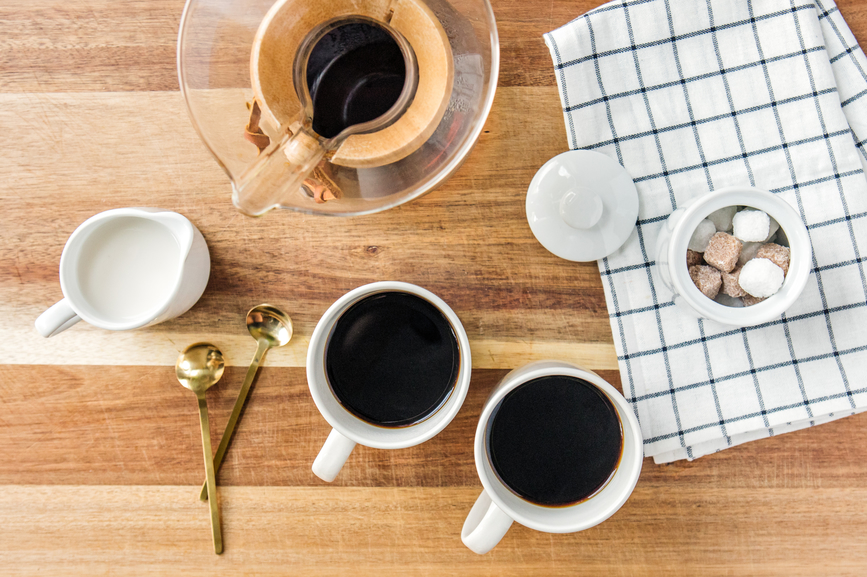
Making Sense of Coffee Cupping Scores: What Do Bitter and Sour Mean?
Do you ever wonder what those coffee cupping scores mean? You know–those numbers that seem to appear on the side of every bag of specialty coffee?
Well, wonder no more! In this article, we’ll break down what those coffee cupping scores really mean. We’ll look at the two most important elements of the coffee’s flavor profile: bitterness and sourness.
Bitter
The bitterness of coffee can range from a mild, pleasant flavor to an overpowering, almost acrid taste. Bitter notes can be a result of a variety of factors, from the type of coffee bean to the roast profile. In general, a good cup of coffee should have balanced, pleasant bitterness.
Sour
Sourness, on the other hand, is a sharp, acidic taste that is usually associated with unripe or under-roasted beans. It can also be caused by too much acidity in the cup. A good cup of coffee should have a pleasant, balanced acidity that adds complexity and depth to the flavor.
So, the next time you’re looking at coffee cupping scores, remember that the bitterness and sourness ratings are an important part of the coffee’s flavor profile. A balanced cup of coffee should have a pleasant bitterness and a pleasant acidity. Happy tasting!
Innovative Brewing Techniques to Help You Get the Most Out of Your Coffee: Avoiding Bitter and Sour Notes
Brewing the perfect cup of coffee at home can be a tricky business. It’s easy to make something that tastes great, but it’s also easy to make something that’s overly bitter or sour. But don’t worry – we have some tips and tricks you can use to help you get the most out of your coffee and avoid those nasty notes.
1. Use Freshly Roasted Coffee Beans. Freshly roasted beans are key to making a great cup of coffee. Make sure you purchase them from a reputable source and store them properly, ideally in a sealed container in a cool, dry place.
2. Invest in a Quality Grinder. Having a good quality grinder is essential for making a great cup of coffee. Good grinders will allow you to grind your beans to the proper size and consistency, which will help you get the most out of your beans.
3. Consider Different Brewing Methods. Different brewing methods can yield different results. If you’re finding your coffee is too bitter, try a pour-over technique or an immersion technique. These methods can help to reduce the bitterness of the coffee.
4. Don’t Overdo It. Don’t use too much coffee or grind your beans too finely. This can lead to an overly bitter cup of coffee. Follow your coffee maker’s instructions to make sure you’re using the right amount of coffee and grind size.
5. Clean Your Equipment. Make sure you clean your coffee maker and grinder regularly to remove any build-up of old coffee grounds. This can lead to a sour or bitter taste.
These are just a few tips that can help you get the most out of your coffee and avoid those nasty notes. With a little practice and patience, you can become a coffee expert in no time!


